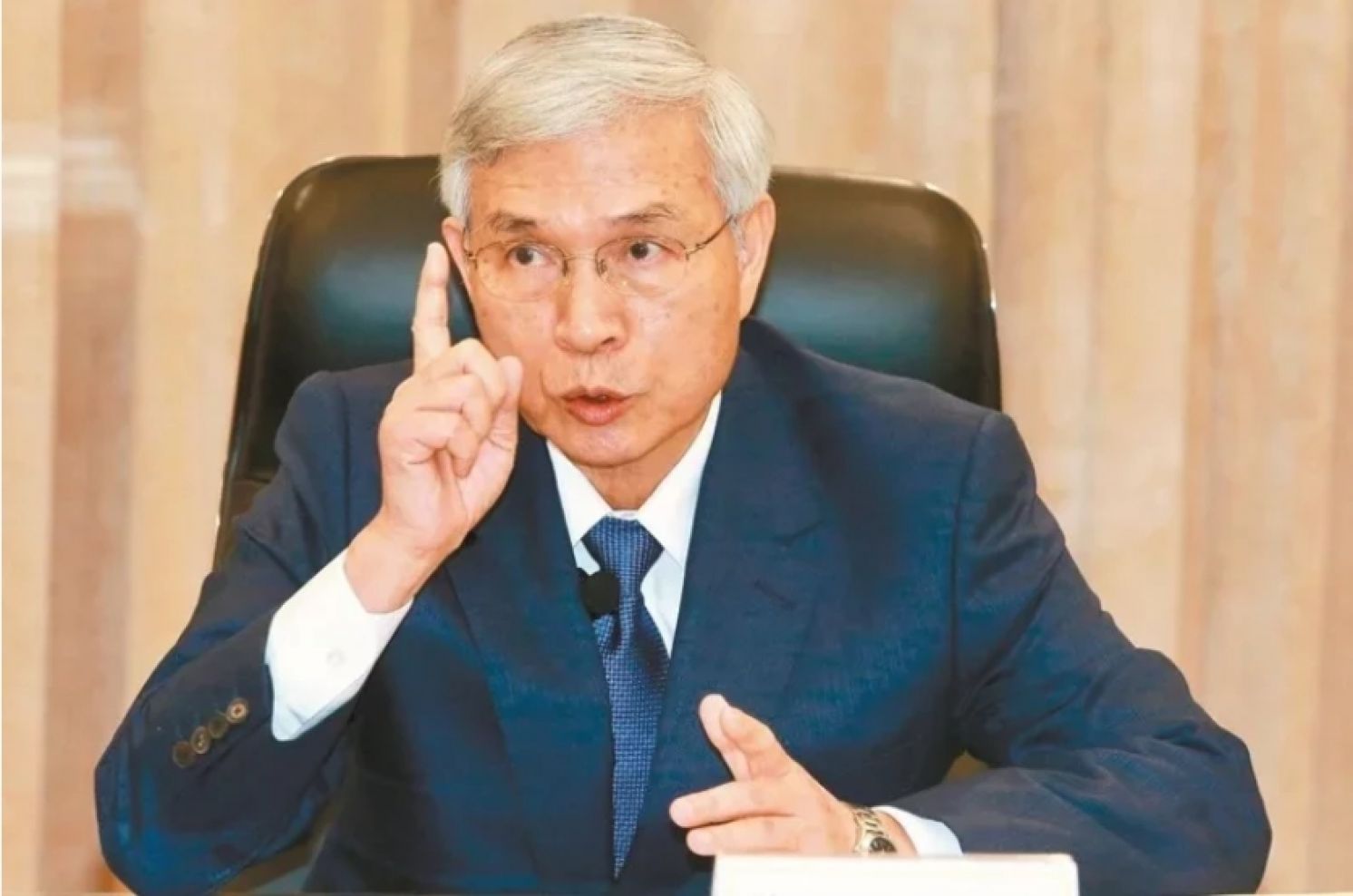
This Week in Taiwan 0918-0924
September 19: In a CBS Sixty Minutes interview, President Joe Biden of the United States stated that if China were to invade Taiwan, the United States would come to Taiwan's defense. This is the fourth time that President Biden has put forward the commitment of defending Taiwan since taking office and the first such statement since Speaker Nancy Pelosi of the House of Representatives visited Taiwan. The Ministry of Foreign Affairs expressed sincere gratitude.
September 20: In an exclusive interview with the Wall Street Journal, Karl Thomas, commander of the U.S. Seventh Fleet, stated that China's navy is huge and has the ability to blockade Taiwan. If China tries to do so, the international community may intervene, and his job is to be prepared for that situation.
September 21: In his address at the United Nations General Assembly, President Joe Biden especially mentioned maintaining peace and stability in the Taiwan Strait and reiterated the "One China" policy, not seeking confrontation or a cold war with China, and continued efforts to resolve conflict peacefully.
September 21: Recently, flanks of the ruling Democratic Progressive Party (DPP) accused Tzu Chi Foundation to be a fellow sympathizer of Communist China. After the earthquake in Hualien and Taitung, President Tsai did not meet with the local governments by video conference and departed after delivering a scripted speech. She was criticized as cold-blooded, leading to decline in approval ratings. To stop the political bleeding, President Tsai personally visited Hualien and Taitung to examine relief efforts on September 21. She paid a visit to Tzu Chi, referred to its founder as "Venerable” Master Cheng Yen, and thanked Tzu Chi for its disaster relief efforts.
September 22: After the U.S. Federal Reserve announced a rate hike of 0.75 percent, the Central Bank held a board of governors and supervisors meeting to raise the interest rate by 0.125 percentage point and the New Taiwan dollar deposit reserve ratio by 0.25 percentage point. The policy rate was raised from 1.5 percent to 1.625 percent, the highest in nearly seven years.
September 22: The Central Epidemic Command Center announced that if the pandemic situation is stable, the "3+4"days of quarantine for travelers entering Taiwan will be canceled October 13 and be replaced with a new "0+7" regime. The ban on tour and sightseeing groups will also be lifted. Weekly arrivals to Taiwan rose to 150,000.
September 23: The panda "Tuan Tuan," a mainland Chinse national treasure which arrived from Chengdu, Sichuan Province, to Taipei in 2008, developed epilepsy symptoms at the end of August after staying in Taiwan for 14 years. Magnetic resonance imaging (MRI) examination revealed a localized liquefaction and necrotic lesion in the left cerebral hemisphere. The Sichuan Giant Panda Wolong Base indicated it is rare for giant pandas to have brain lesions, and it is highly concerned about the matter. It does not exclude to send a delegation to Taiwan to investigate the matter after Taiwan opens its borders.
September 24: U.S. Secretary of State Antony Blinken met with mainland China's State Councilor and Foreign Minister Wang Yi. Blinken emphasized that the United States will follow its "One China" policy and is committed to maintaining peace and stability in the Taiwan Strait. Wang comprehensively expounded China's position on the recent "wrong actions" of the U.S. on Taiwan, emphasizing that Taiwan is at the core of Chinese interests, and safeguarding national sovereignty and territorial integrity remains China's unambiguous mission.